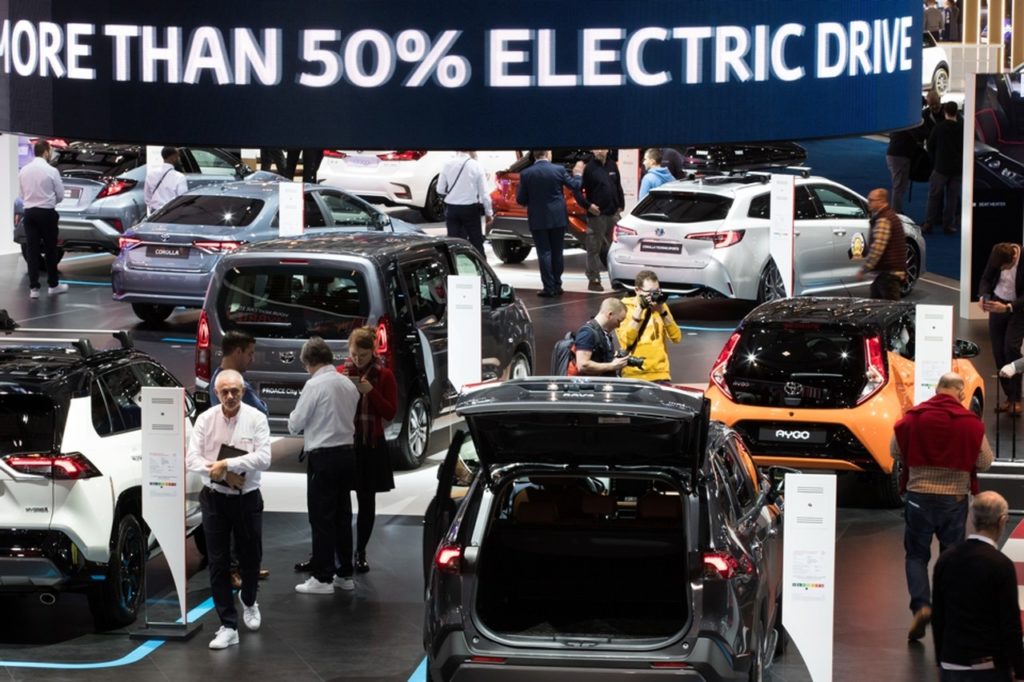One in ten cars sold in Belgium in August was electric or hybrid, marking the first time their share reaches 10%, the Federal Public Mobility Service (FPS Mobility) announced on Wednesday.
In August 2019, the share of new hybrid and electric cars sold was still only 2.5%.
Since the beginning of 2015, the number of zero-emission vehicles - 100% electric and hydrogen-powered fuel cell cars - has increased eightfold, with an average annual growth rate of more than 50%.
Growth is even stronger for plug-in hybrids, for which the number has almost doubled every year since 2015, with an average annual growth rate of more than 90%.
Given the recent emergence of this type of vehicle, the relative share in the fleet is still marginal, however, without exceeding the 1% mark in September 2020.
"This figure is set to grow gradually as new electric cars replace conventional cars," FPS Mobility predicted.
Related News
- Nearly 30% of Belgians want future vehicle to be a hybrid
- Emissions from new vehicles are back to 2014 levels
Various factors may explain this increase over the last few months, according to the administration.
For one, the EU-wide cap on CO2 emissions has gone from an average of 130 grammes of CO2 per kilometre per car in 2019 to 95g CO2/km from this year.
This makes it in the interest of manufacturers to offer a more diverse range and sell more vehicles with zero or low emissions, FPS Mobility explained.
In addition, a change in the taxation of company cars has made electric and hybrid cars more interesting from a fiscal point of view. A large majority of the zero- and (very) low-emission cars sold in recent months are company cars.
Finally, the FPS Mobility noted an increasingly wide, diversified and accessible offer in electric models.
The Brussels Times

